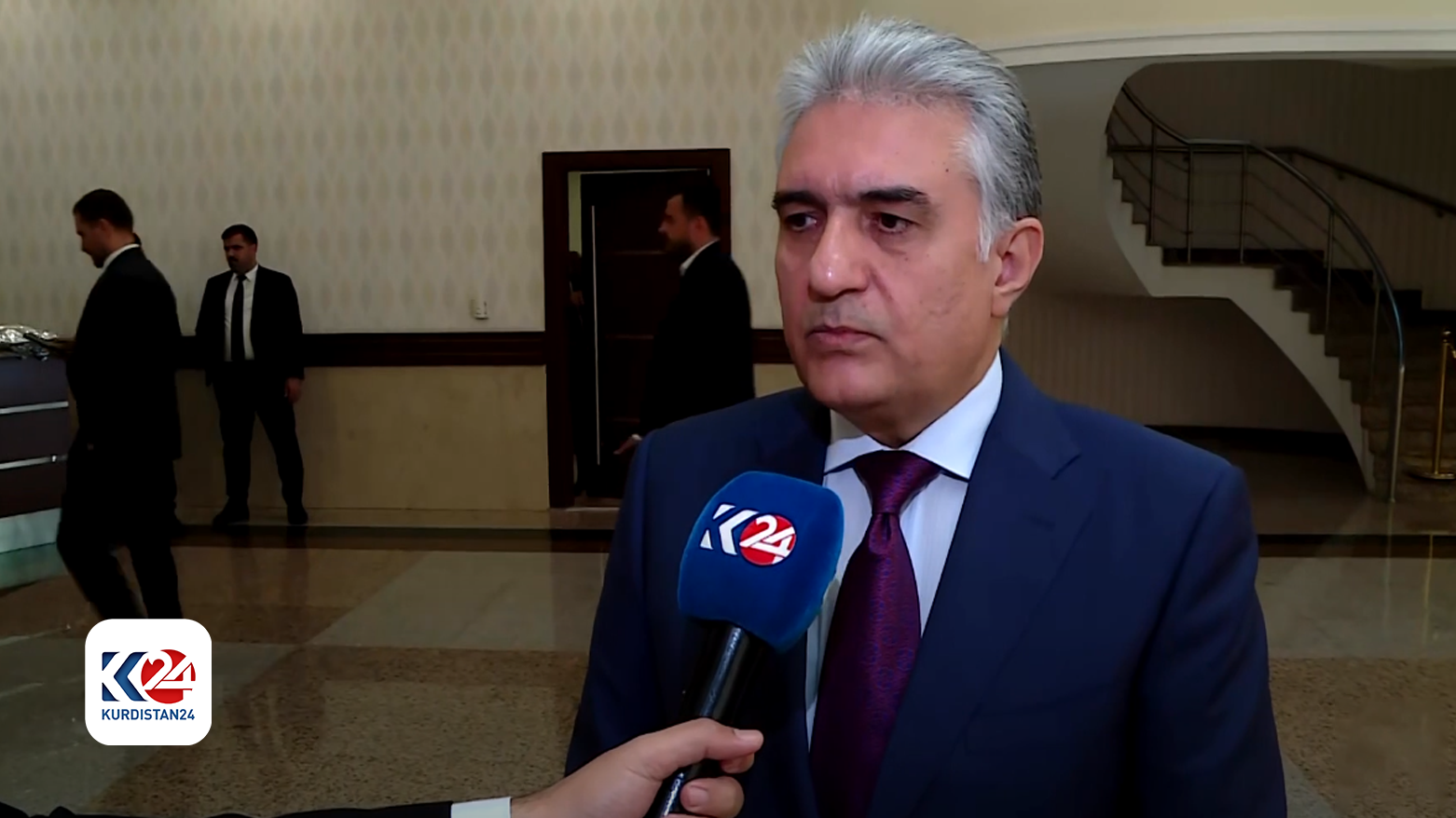Erbil, Baghdad commit to resolving border instability in Kurdistan Region
"It was a good and productive meeting. We both agreed that the insecurity and instability on the borders should end. We also decided to address the root causes of this instability and not only its effects," Minister Ahmad explained.

ERBIL (Kurdistan24)— The Kurdistan Regional Government (KRG) announced that Erbil and Baghdad have agreed to address the instability in the region's border areas.
Kurdistan Region’s Interior Minister Rebar Ahmad told Kurdistan24 correspondent Nawras Abdullah on Saturday that Iraqi National Security Advisor Qasim al-Araji visited Erbil to discuss ongoing tensions between the Turkish army and the Kurdistan Workers' Party (PKK) in the border areas.
On Thursday, al-Araji met with Prime Minister Masrour Barzani in Erbil to deliberate on escalating tensions in the KRG border areas, implementing the Sinjar agreement, and other related issues.
"It was a good and productive meeting. We both agreed that the insecurity and instability on the borders should end. We also decided to address the root causes of this instability and not only its effects," Minister Ahmad explained.
According to the Interior Minister, the primary cause of instability in the border areas is "the presence of the PKK." He stressed the necessity of a "unified national policy in Iraq to address this issue."
Minister Ahmad noted that both the KRG and the Iraqi government are aligned on this matter. "What remains is for Baghdad to make a definitive decision on this issue. We in the Kurdistan Regional Government will strive to eliminate this instability," he stated.
The recent escalations between the Turkish army and the PKK have entered a new phase, with the PKK's presence providing Turkey with more justification to deploy additional military bases in the Kurdistan Region.
Tensions between Turkey and the PKK have persisted since 1984. The group is designated as a "terrorist organization" by Iraq, Turkey, the United States, and the European Union. According to unofficial figures, more than 60,000 people have been killed on both sides during this prolonged conflict.
